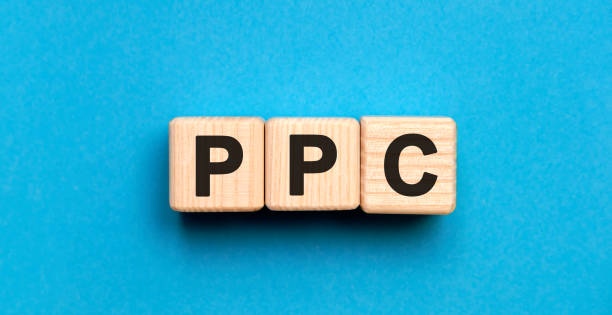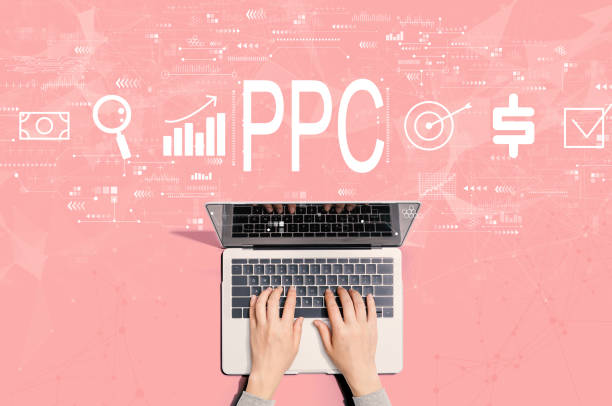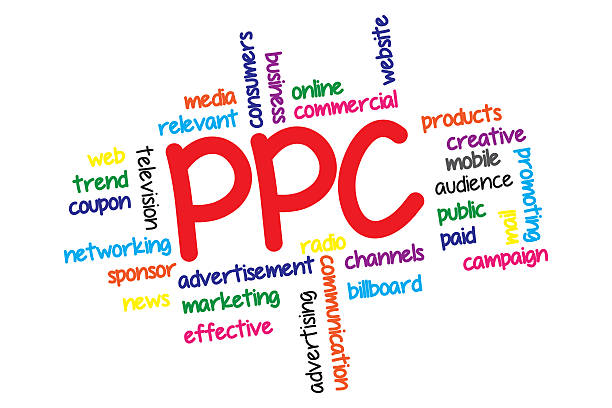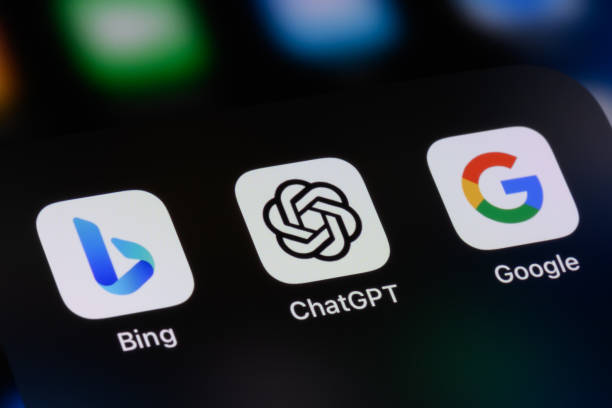Have you ever wondered how to get your small business in front of the right customers at the right time? What if you could generate more leads, drive consistent sales, and compete with industry giants—all without overspending on marketing? The answer lies in PPC advertising.
In today’s competitive digital landscape, small businesses face unique challenges. Also, limited budgets, local competition, and the need to stand out can make growth seem daunting. But PPC offers a practical and effective solution. Whether you’re new to digital marketing or looking to improve your current strategy, this guide will show you how PPC can be the game-changer your small business needs.
What is PPC Advertising?
PPC (Pay-Per-Click) advertising is a digital marketing model where businesses pay a fee each time their ad is clicked. Instead of paying a flat rate for ad space, you pay only for actual engagement, making it a cost-effective way to reach potential customers.
PPC platforms like Google Ads, Facebook Ads, and Instagram Ads allow you to target users based on specific criteria such as location, demographics, interests, and even behavior. For instance, if you own a bakery, your ads can appear when someone searches for “best cupcakes near me.” This precision ensures your ad budget is spent on people already interested in what you offer.
The Benefits of PPC for Small Businesses – PPC Advertising
Why should small businesses invest in PPC? So, the advantages go beyond just getting clicks.
1. Instant Visibility and Results
Unlike organic methods like SEO, which take months to show results, PPC delivers immediate visibility. Once your campaign is live, your ads start appearing to potential customers. This is especially valuable for businesses looking to promote time-sensitive offers or events.
2. Cost-Effective Marketing
One of the biggest misconceptions about PPC is that it’s expensive. However, with proper planning and targeting, PPC allows you to control your costs. Additionally, you set a daily or monthly budget, ensuring you never overspend. Plus, because you’re paying only for clicks, every dollar goes toward actual engagement.
3. Highly Targeted Advertising – PPC Advertising
PPC lets you focus on your ideal audience. You can target users based on:
- Keywords: Ads appear for specific search terms like “local pet grooming.”
- Location: Reach customers in your city or neighborhood.
- Demographics: Target users based on age, gender, or income level.
- Interests: Show ads to people interested in hobbies or topics related to your business.
This ensures your message reaches the right people at the right time.
4. Improved Brand Awareness
Even if someone doesn’t click your ad, seeing your business at the top of search results helps build brand recognition. So, over time, repeated exposure makes your business more familiar and trusted.
5. Data-Driven Insights
PPC campaigns come with detailed analytics. Moreover, you can monitor metrics like clicks, impressions, conversion rates, and cost-per-click (CPC). Also, this data helps you refine your campaigns for better performance, ensuring a higher return on investment (ROI).

How PPC Fits Into Your Business Goals – PPC Advertising
Let’s explore how PPC can address specific needs for small businesses:
1. Driving Local Traffic
Most small businesses thrive on local customers. PPC allows you to use geo-targeting to reach people in your area. For instance, a coffee shop in Austin can target ads to users searching for “coffee shops near me” within a 5-mile radius.
2. Launching New Products or Services
When introducing something new, PPC can generate buzz quickly. Additionally, pair your ad with an exclusive offer, like “20% off our new menu item,” to encourage immediate action.
3. Competing with Bigger Brands – PPC Advertising
Large corporations may have bigger budgets, but PPC levels the playing field. So, by focusing on niche keywords or specific demographics, your small business can appear right next to industry giants in search results.
4. Seasonal Promotions
Seasonal sales and promotions are a goldmine for small businesses. Additionally, PPC campaigns allow you to create short-term ads that capitalize on holiday shopping or local events, driving immediate traffic.
Steps to Launch a Successful PPC Campaign – PPC Advertising
Launching a PPC campaign may seem complex, but breaking it down into steps makes it manageable:
1. Set Clear Objectives
Ask yourself: What do I want to achieve? So, goals can include increasing website traffic, generating leads, or driving in-store visits. Also, defining clear objectives helps you measure success.
2. Understand Your Audience
Deeply understanding your target audience is crucial. What are their needs, pain points, and behaviors? So, use this insight to craft ads that resonate with them.
3. Choose the Right Platform – PPC Advertising
Select platforms based on your audience:
- Google Ads: Great for reaching users actively searching for solutions.
- Facebook/Instagram Ads: Perfect for visually engaging and targeting specific interests.
- LinkedIn Ads: Best for B2B businesses targeting professionals.
4. Create Compelling Ads
Your ad copy and visuals should capture attention immediately. So, use action-oriented language and highlight benefits. For example, instead of “We sell handmade soaps,” try “Transform your skin with our luxurious, handmade soaps—shop now!”

5. Optimize Landing Pages
The page your ad directs users to should be relevant and user-friendly. Additionally, if your ad promotes “20% off summer dresses,” ensure the landing page reflects this offer prominently.
6. Monitor and Adjust – PPC Advertising
Once your campaign is live, track performance. Moreover, use analytics to identify which ads are performing well and adjust underperforming ones. Also, this iterative process ensures better ROI over time.
Common PPC Challenges and Solutions
While PPC offers immense potential, small businesses may encounter challenges. So, here’s how to overcome them:
1. Limited Budget
Solution: Start with a small budget and focus on high-performing campaigns. Use tools like Google’s Keyword Planner to find affordable but effective keywords.
2. Low Click-Through Rates (CTR)
Solution: Refine your ad copy to make it more engaging. Also, ensure the visuals align with your audience’s preferences.
3. Competition for Keywords – PPC Advertising
Solution: Use long-tail keywords, which are more specific and less competitive. For example, instead of “pizza delivery,” try “late-night pizza delivery in Denver.”
4. Ad Fatigue
Solution: Regularly refresh your ads with new visuals, headlines, or offers to keep your audience engaged.
Real-Life PPC Success Stories
Real-life PPC success stories showcase how small businesses have leveraged targeted ads to achieve remarkable growth and results.
Sarah’s Boutique: Boosting Sales with Targeted Ads
Sarah owns a boutique in Portland. She used Google Ads to target keywords like “affordable summer dresses.” Within two months, her online sales increased by 35%, and her store saw a 20% rise in foot traffic.
Joe’s Handyman Services: Winning Local Clients
Joe, a handyman in Atlanta, leveraged geo-targeted PPC ads to reach homeowners searching for “emergency plumbing services near me.” His bookings doubled within a month, and he built a loyal customer base.
PPC Best Practices for Long-Term Success – PPC Advertising
- Regularly Review Performance: Use analytics to track what’s working and tweak campaigns accordingly.
- Stay Updated on Trends: PPC platforms evolve constantly, so keep an eye on new features and best practices.
- Experiment and Innovate: Don’t be afraid to test different strategies, whether it’s using video ads, exploring new platforms, or targeting a niche audience.

The Future of PPC for Small Businesses
PPC continues to evolve, with trends like AI-driven bidding, voice search optimization, and video ads shaping its future. So, staying informed and adaptable ensures your small business remains competitive.
Conclusion
PPC advertising is more than just a tool—it’s a powerful strategy to transform your small business. Furthermore, from driving local traffic to outpacing larger competitors, PPC offers measurable results that align with your goals.
So, the time to act is now. Start small, refine your approach, and watch as PPC opens doors to growth and success. Also, with the right strategy, your small business can thrive in the competitive digital landscape.
So, ready to take the leap? PPC is your key to unlocking big results for your small business.









[…] research analysis reporting is a skill that can transform your business strategies. By focusing on clear objectives, robust data collection, insightful analysis, and […]